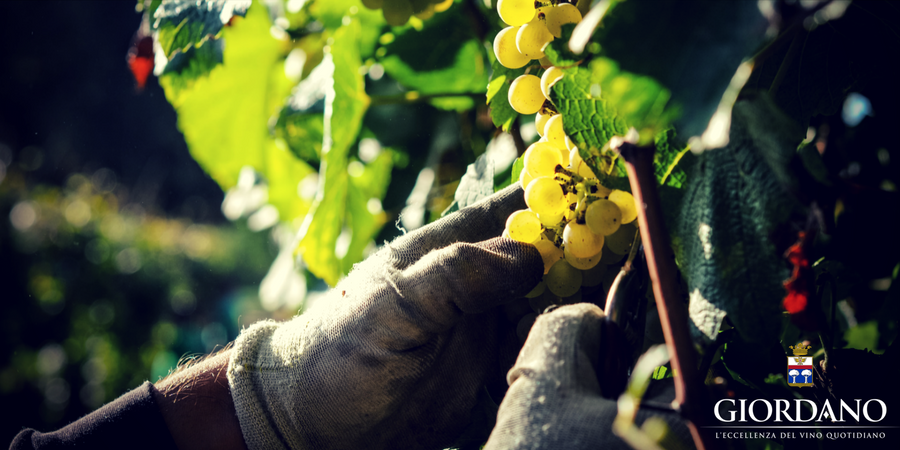Behind a bottle: the craft of wine production
Agronomists and Growers
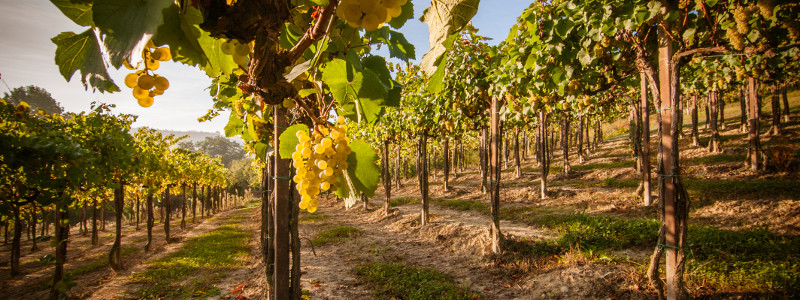
The earth should be treated with respect and its fruits should be cultivated with consistency. One needs to understand the needs of the vine and what it takes for it to grow healthy and strong. Only a comprehensive ability to identify the best soils will ensure good results for new vineyards. At the same time, having good information about the land allows you to act to correct any defects and improve the quality and the quantity of any necessary nutrients. The journey of the wine starts with the vines: healthy vines require expert agronomists. A profession of historical origins, which has only assumed an important role in winemaking in recent years.
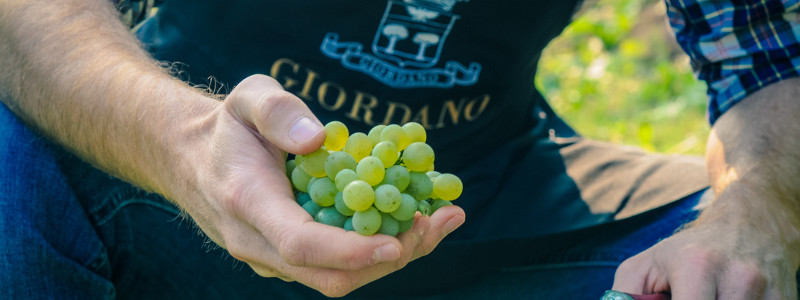
A good agronomist will ensure significant growth for the vineyard, better performance, better yield, better grapes and superior quality wines. Other figures are also important for their contribution to the vines: anyone involved in pruning, in eliminating weeds, and giving the vine the attention that it requires. No job is secondary when it comes to wine: the hand that tends to the grapes is the one that will help them ripen well.
Winemakers and Oenologists
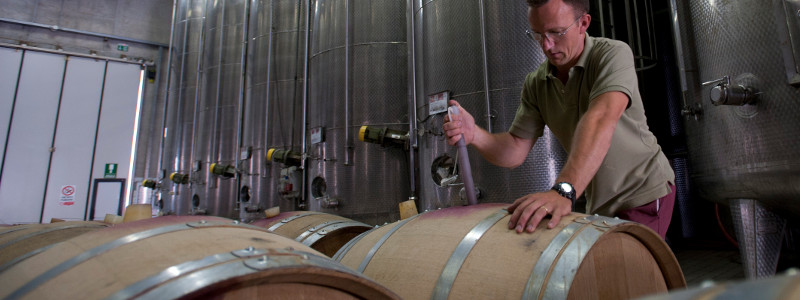
Cellar masters and oenologists have important roles to play when the grapes move from the earth into the cellar. The cellar master is an ancient profession. They are keepers of the secrets of the cellar, key figures in wine-making. Amarone della Valpolicella was created by a cellar master--albeit unknowingly! The story goes that in the 1930s in a Veronese cellar, a cask of Recioto della Valpolicella was not transferred due to simple forgetfulness. This transfer was necessary to stop fermentation: leaving the process to continue, all the wine sugars would have turned into alcohol and the desired sweet wine would have been ruined. The cellar master, upon realising his mistake tasted the wine from the barrel of over-fermented Recioto: and was amazed. It wasn't vinegar, it was a different wine, good, rich in taste, not just a little bitter ... but Amarone!
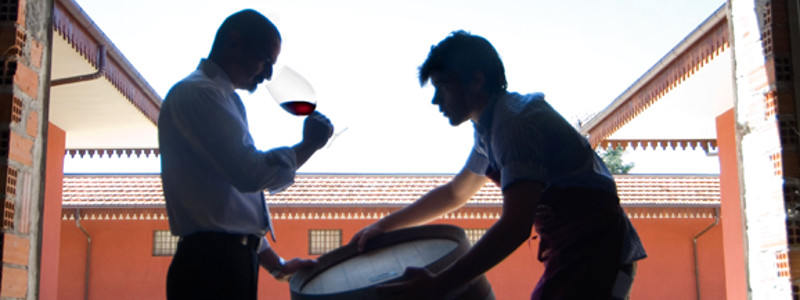
If the cellar master has the bulk of the jobs during wine-making, the oenologist is tasked with overseeing the life of the wine. The oenologist tastes the wine at every stage of its development, from the barrel to the bottle. Getting know it, just like a child, and just like a good father, he knows the best time to let it go.
The craft of wine production is a special occasion: it provides the opportunity to observe and closely follow all the steps of production, from the grapes to the glass, which are all geared towards a common goal: to produce a good and genuine wine, which can be poured with pride every day by the most sincere fans.
 Free Delivery from 69£
Free Delivery from 69£
